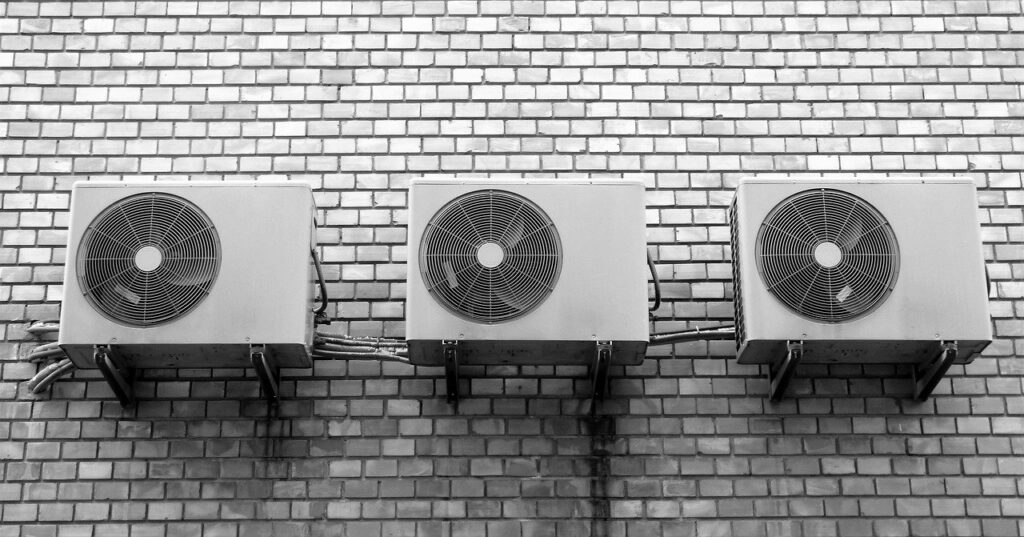According to climate researchers, fluorinated greenhouse gases (F-gases) have a much greater impact on global warming than carbon dioxide. Partially fluorinated hydrocarbons (HFCs) account for around 90 % of F-gas emissions. Therefore, the European Commission has submitted a proposal to update the F-Gas Regulation. The aim is to further reduce emissions of these powerful greenhouse gases. Thus, the equivalent of 40 million tonnes of CO₂ are to be saved by 2030 and as much as 310 million tonnes of CO₂ by 2050. The problem is that these gases are used as refrigerants in heat pumps.
Planned ban on partially fluorinated hydrocarbons means the end for heat pumps
The proposal for a reduction of hydrofluorocarbons means in plain language a ban on this gas as a refrigerant. However, heat pumps depend on HFCs as refrigerants. A phase-out, as envisaged by the EU proposal, thus jeopardises the political goal of replacing gas and oil heating systems with heat pumps on a large scale.

Manufacturers’ associations call on EU to maintain old regulation
The manufacturers’ associations are therefore calling on the EU representatives to maintain the current regulation. This is the only way to ensure that sufficient refrigerant is available. The market penetration of heat pumps and the associated climate protection goals in the building sector would not be achievable with a ban on HFCs. The associations therefore propose that the focus should not be on the refrigerant alone, but also on the overall energy efficiency of a corresponding system. In this way, not only the direct impact of the greenhouse gas in the event of a refrigerant leakage should be assessed, but also the reduction of emissions in the life cycle of the system.
No equivalent alternative available so far
Hydrofluorocarbons were developed to replace the chlorofluorocarbons (CFCs) used in the past. This refrigerant is non-toxic, non-flammable and does not damage the ozone layer like CFCs. Today, HFCs are used as refrigerants in refrigerators, freezers, air conditioners and heat pumps. However, there is not yet a fully-fledged substitute for it. The industry is developing new refrigerants based on propane gas. However, this is less efficient and much more dangerous due to its flammability.
The German government’s goal of increasing the number of heat pumps to 6 million by 2030 is unlikely to be achieved with a ban on the refrigerant required for this purpose. Political decisions on climate protection and the energy transition are becoming increasingly grotesque. Measures are being passed that block measures that have already been passed.
